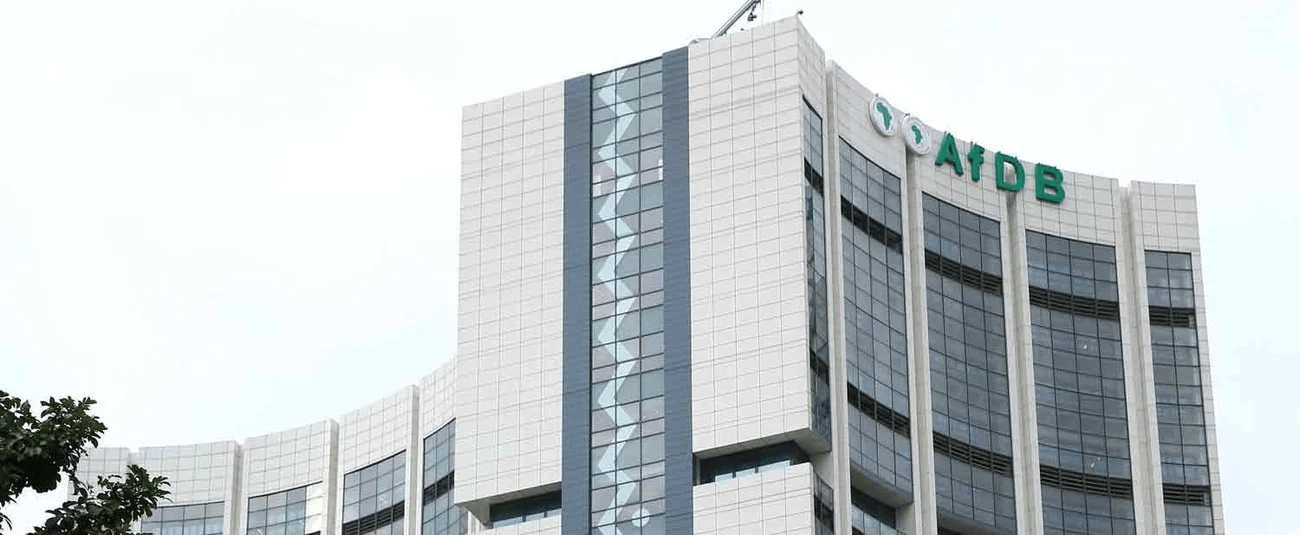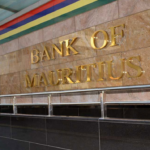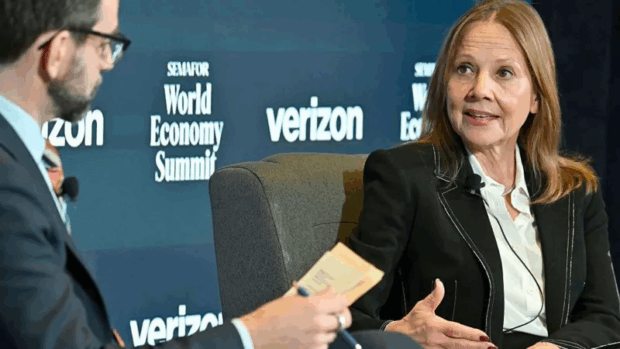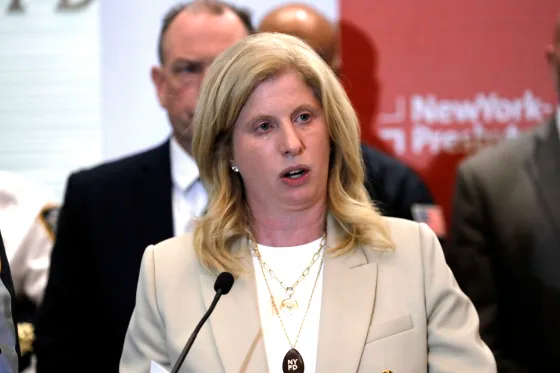
West African leaders are convening in Nigeria’s capital, Abuja, to address significant regional challenges, primarily the withdrawal of Mali, Burkina Faso, and Niger from the Economic Community of West African States (Ecowas).
Despite the potential diplomatic setback, the region is simultaneously advancing an ambitious infrastructural initiative: a 1,028-kilometer superhighway connecting Abidjan in the Ivory Coast to Lagos in Nigeria. The project, which traverses Ghana, Togo, and Benin, represents a strategic response to recent regional political disruptions.
Preliminary funding of $15.6 billion has been secured, with construction planned to commence in 2026 and targeted completion by 2030. The highway is projected to generate approximately 70,000 jobs and serve as more than just a transportation corridor.
The project mirrors historical economic integration efforts, drawing parallels with Europe’s transformation through the Common Market and subsequent European Union. Ecowas aims to demonstrate regional collaboration and economic potential by creating a modern transport infrastructure, potentially attracting the dissenting states back into the fold.
The proposed four-to-six-lane motorway will interconnect major urban centers, including Abidjan (8.3 million residents), Accra (4 million), Lomé (2 million), Cotonou (2.6 million), and Lagos (nearly 20 million). These cities represent critical trade gateways for the region.
Administrative improvements are already evident, with modernized border crossings featuring collaborative passport and documentation checks, reducing bureaucratic friction and corruption risks.
The highway project extends beyond transportation, incorporating future railway line provisions along the Gulf of Guinea coastline. This strategic planning addresses current infrastructure limitations and promises enhanced regional connectivity.
The withdrawal of Mali, Burkina Faso, and Niger represents a significant challenge, with the bloc losing 76 million people and substantial geographical territory. However, the leadership views this infrastructure initiative as a potential mechanism for future reconciliation and reintegration.
Existing economic interdependencies remain strong. Significant trade flows persist between Sahelian and coastal countries, including livestock exports, agricultural produce exchange, and labor migration. Millions of workers from landlocked nations contribute to coastal economies, particularly in agricultural sectors like Ivory Coast’s cocoa plantations.
While the military regimes have portrayed their Ecowas withdrawal as a stance against perceived bullying, the remaining member states hope that accelerated economic development and breakthrough projects will gradually rebuild trust and regional identity.
The highway represents more than physical infrastructure; it symbolizes a vision of economic integration, potential political reconciliation, and shared regional prosperity. Ecowas seeks to create an attractive economic environment that might ultimately draw the dissenting states back into collaborative regional frameworks by reducing trade barriers and investing in transformative projects.
















Be the first to leave a comment